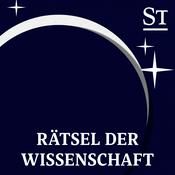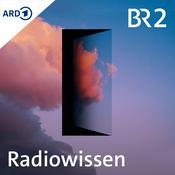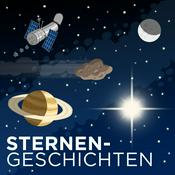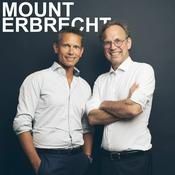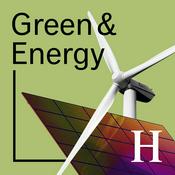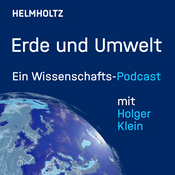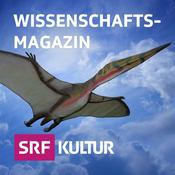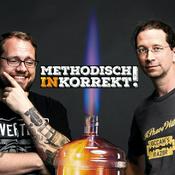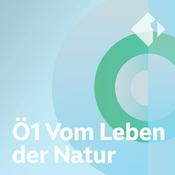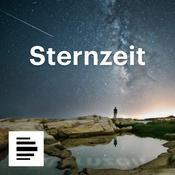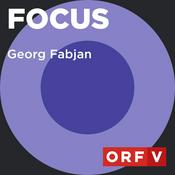World Resources Institute Podcasts Plus
155 Episoden

Restoring India's Landscapes
27.2.2025 | 22 Min.
Forests and farmland are part of the lives of more than 700 million people in India, but they need to be kept healthy if those people are to flourish. At a time of climate and biodiversity crises, nature-based solutions are a vital part of the answer. This WRI podcast explores the role of nature-based solutions in India. It is presented by Anjali Koppala, and features Romit Sen, Senior Vice President, Corporate Sustainability at HSBC India, and Siddharth Edake, Senior Manager in the Food, Land and Water program at WRI India.

Nature-Based Solutions for Enhancing Climate Resilience: Data Drives Impact
07.1.2025 | 23 Min.
Measuring the impact of nature-based solutions (NBS) interventions takes consistent ground-level data alongside independent, verifiable, satellite-based data. When collected together, the door opens for more private sector investment, helping to close the nature finance gap that’s at least $700 billion large. We bring you examples from Bangladesh and India to explore how projects are enticing more resources through the capture and use of remote sensing data. Episode Guests include: - Paulina Villalpando, Associate Director for Nature, HSBC - Fred Stolle, Land & Carbon Lab Director of Impact, WRI - Dipak Zade, Social Sciences Thematic Lead, WOTR - Tapas Ranjan Chakrabotry, Climate Change Senior Programme Manager, BRAC

ACT2025: what do climate-vulnerable countries want from COP29?
30.10.2024 | 23 Min.
What do the world’s most climate-vulnerable countries need global leaders to achieve at this year’s COP29 UN climate summit? Experts from the Allied for Climate Transformation by 2025 (ACT2025) consortium — a unique coalition amplifying the voices of climate-vulnerable countries in climate negotiations — discuss their hopes, ambitions and concerns going into this year's climate conference, and reflect on progress since COP28. Topics in this episode include the agreement in Baku on a new climate finance goal (NCQG), which will replace the $100 billion goal set in 2009, progress on addressing loss and damage, next-generation nationally determined contributions (NDCs) that are due early next year, and how to close the significant gaps that remain in finance for adaptation. With Gabrielle Swaby of WRI, Alejandra Lopez from Transforma, and Saqib Huq from the International Centre for Climate Change and Development (ICCCAD).

Preparing the World for Proactive Energy Planning: WRI Recaps the Clean Energy Ministerial
22.10.2024 | 38 Min.
Paving the way to COP29 next month and COP30 in 2025, Brazil hosted an impactful Clean Energy Ministerial (CEM) at the beginning of October. WRI experts met with global leaders all week, laying a foundation for Latin American countries to demand enabling regulatory frameworks for renewable energy deployment and financing — two topics that regional expert peers also highlighted during our discussion. It’s critical to enact policies in emerging markets that allow private and public finance to flow into and upgrade energy systems. Episode Guests: - Sylvana Bohrt, International Clean Energy Associate, WRI Energy Program - Ana Teixeira, Country Transition Analyst, Bloomberg NEF - Juan Paredes, Senior Renewable Energy Specialist, Inter-American Development Bank (IADB) Additional BNEF Resources: - Energy Transition Factbook 2024, launched in October 2024: https://assets.bbhub.io/professional/sites/24/Clean-Energy-Ministerial-Factbook-2024.pdf - Brazil Transition Factbook, launched in September 2024: https://assets.bbhub.io/professional/sites/24/Brazil-Transition-Factbook.pdf

Latin America Leads the Clean Energy Transition: WRI Previews the Clean Energy Ministerial
30.9.2024 | 32 Min.
The Clean Energy Ministerial (CEM) is the annual COP of energy where the major drivers of responses to climate change and clean energy solutions can hammer out what the future global energy system could and should look like. It’s a perfect chance ahead of COP29 to gather, deliberate and plan for a decarbonized planet. WRI experts will be on the ground in Brazil all week (September 30 – October 4) sharing their expertise and collaborating with renewable energy industry leaders to advance clean energy in Latin America, a region that’s surprisingly less dependent on fossil fuels than most. . In addition to providing an opportunity to forge stronger partnerships, CEM demonstrates how WRI is well-positioned to help ensure a just and equitable future for people, nature and climate. Alex Dolan, Communications and Engagement Lead for WRI’s Global Energy Program, explores the role that South America countries will play at the conference and beyond. Episode Guests: - Javier Bustos-Salvano, Executive Director for ACENOR - Tatsatom Goncalves | Research Fellow, WRI Energy
Weitere Wissenschaft Podcasts
Trending Wissenschaft Podcasts
Über World Resources Institute Podcasts Plus
Höre World Resources Institute Podcasts Plus, Edition Zukunft und viele andere Podcasts aus aller Welt mit der radio.at-App
Hol dir die kostenlose radio.at App
- Sender und Podcasts favorisieren
- Streamen via Wifi oder Bluetooth
- Unterstützt Carplay & Android Auto
- viele weitere App Funktionen
Hol dir die kostenlose radio.at App
- Sender und Podcasts favorisieren
- Streamen via Wifi oder Bluetooth
- Unterstützt Carplay & Android Auto
- viele weitere App Funktionen

World Resources Institute Podcasts Plus
App laden,
loshören.

